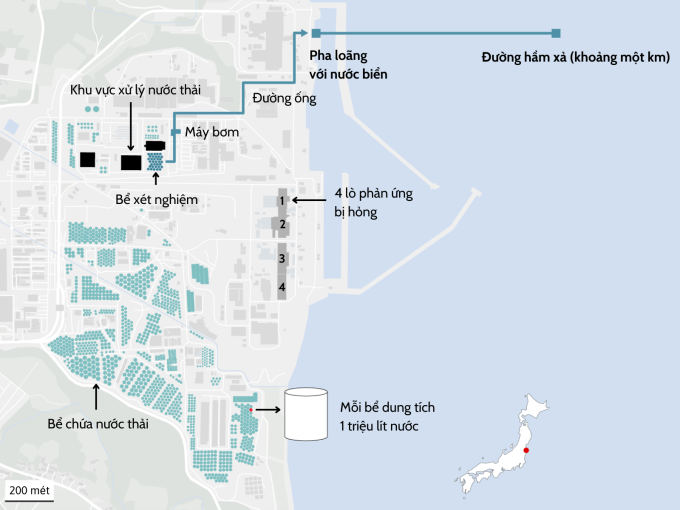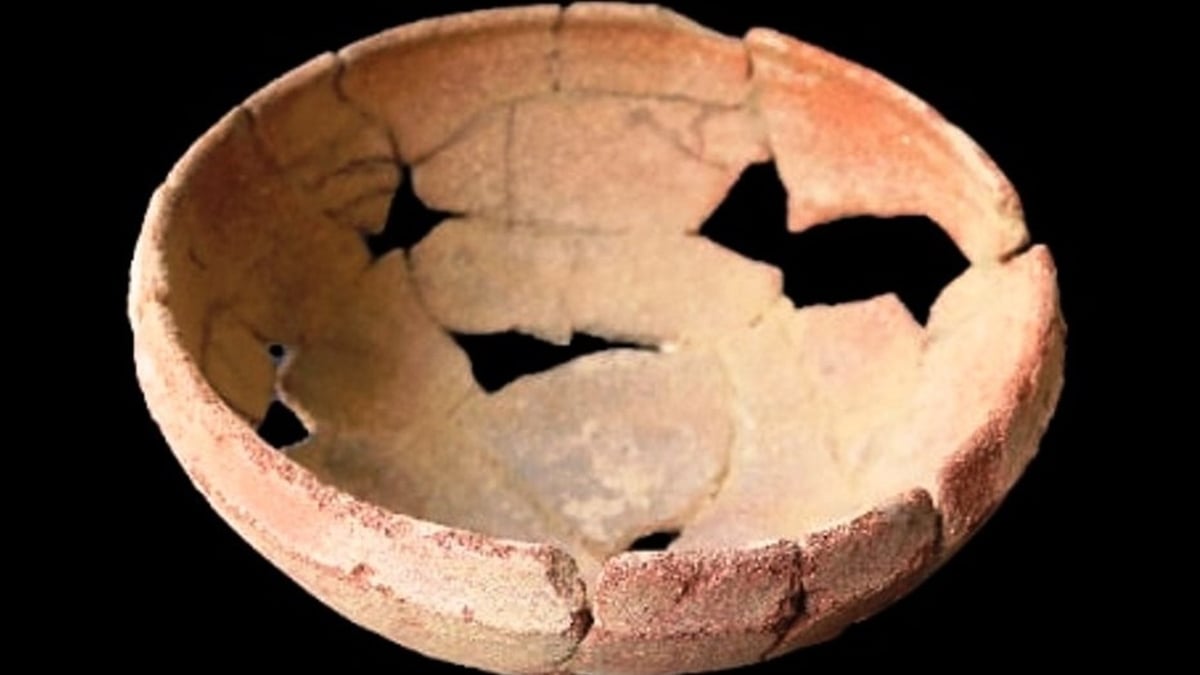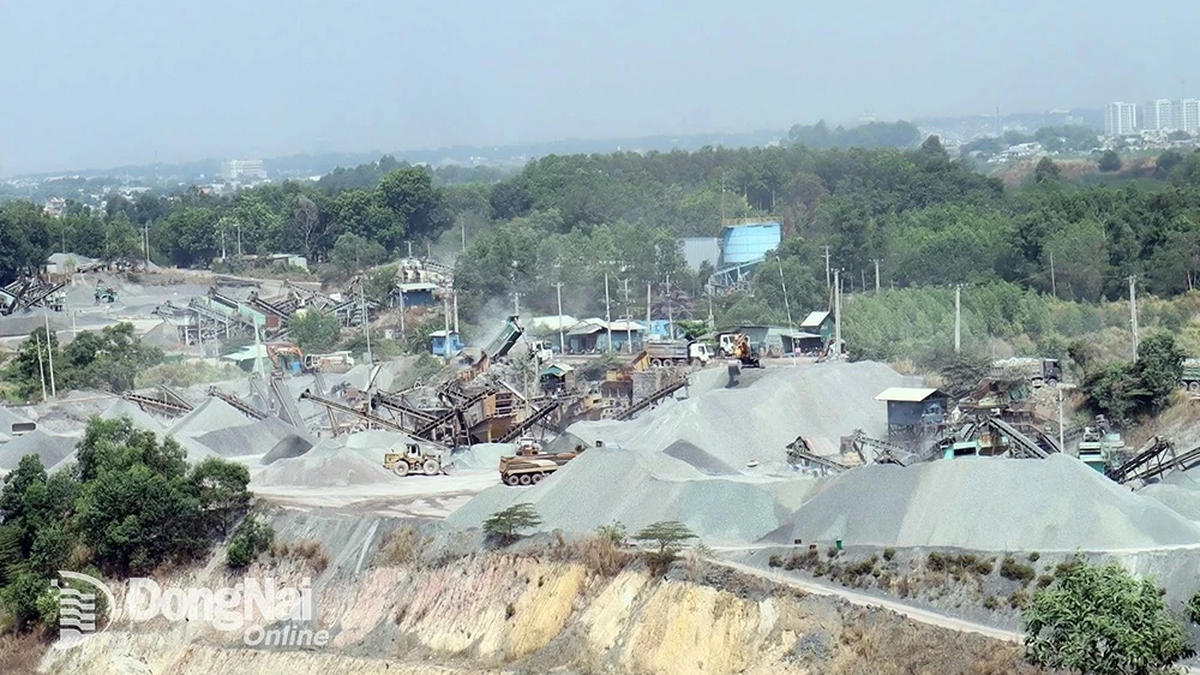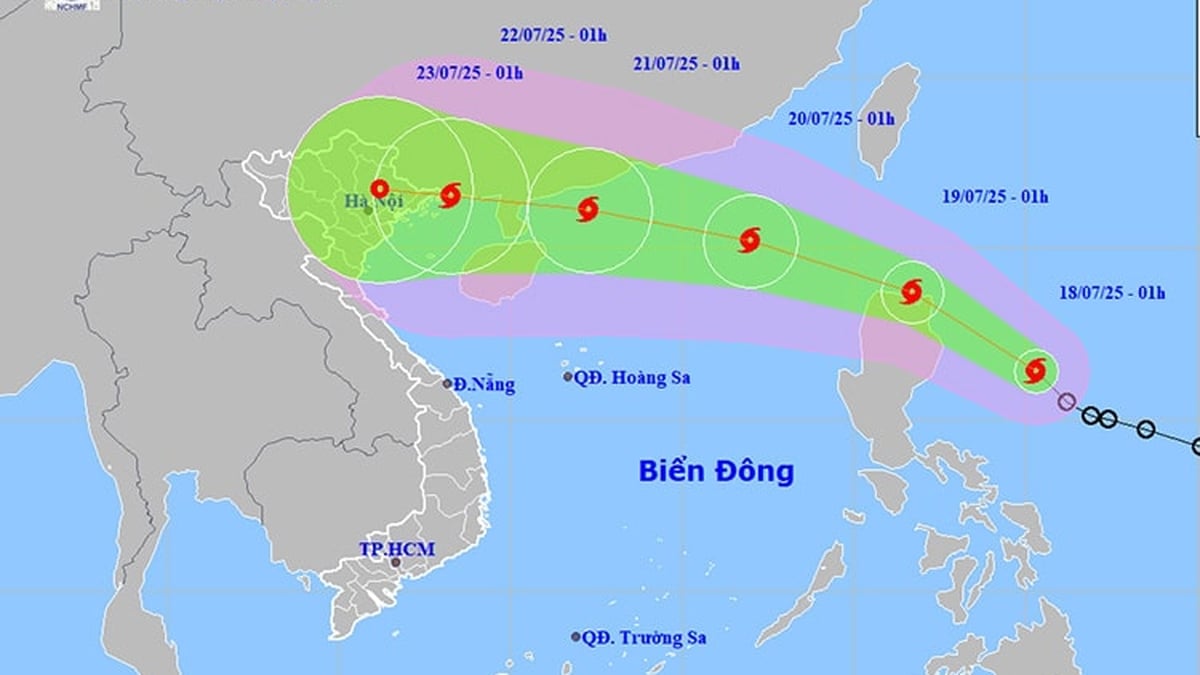 |
| The Japanese government has allocated 20.7 billion yen to support seafood businesses. Image of the system discharging nuclear wastewater into the sea at the Fukushima plant. (Graphic: Reuters) |
To support businesses changing export partners from China to other countries, the Japanese government decided to spend 10 billion yen on temporary storage activities and 5.6 billion yen to support the search for new markets.
In addition, for clams that are mainly exported to China, the Japanese government will increase the peeling and processing steps domestically for export to other markets such as the US.
Accordingly, the government will support 2 billion Yen to ensure the necessary human resources for domestic processing, and 3 billion Yen to support businesses to invest in new machinery and equipment at processing facilities.
Speaking to reporters, Chief Cabinet Secretary Matsuno Hirokazu said that this policy package, in addition to supporting equipment investment, also supports securing human resources to make the most of existing processing plants.
To protect seafood traders, the government will take specific measures with a sense of urgency and take every possible measure to support the seafood industry across the country.
The policy package will be separate from an 80 billion yen fund set up to support the maintenance of fishing industry workers and the reputational damage caused by wastewater discharge rumors.
Earlier, on September 4, the Japanese Foreign Ministry said that the country had asked China to conduct discussions on the Fukushima-related import ban based on the terms of the Regional Comprehensive Economic Partnership (RCEP) agreement.
"Tokyo hopes that Beijing will hold discussions with Tokyo as soon as possible and consider measures in accordance with the obligations of the RCEP Agreement," the ministry said.
China is Japan's largest seafood importer. Shortly after Japan began dumping treated radioactive wastewater into the ocean, China announced it would completely stop importing seafood from that country.
Source





































































































Comment (0)